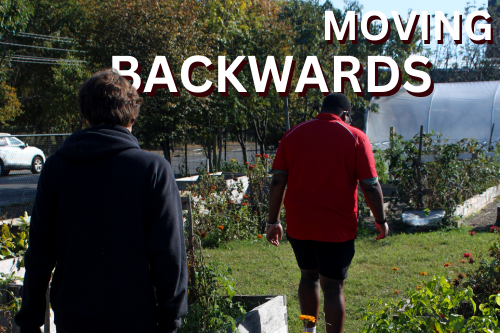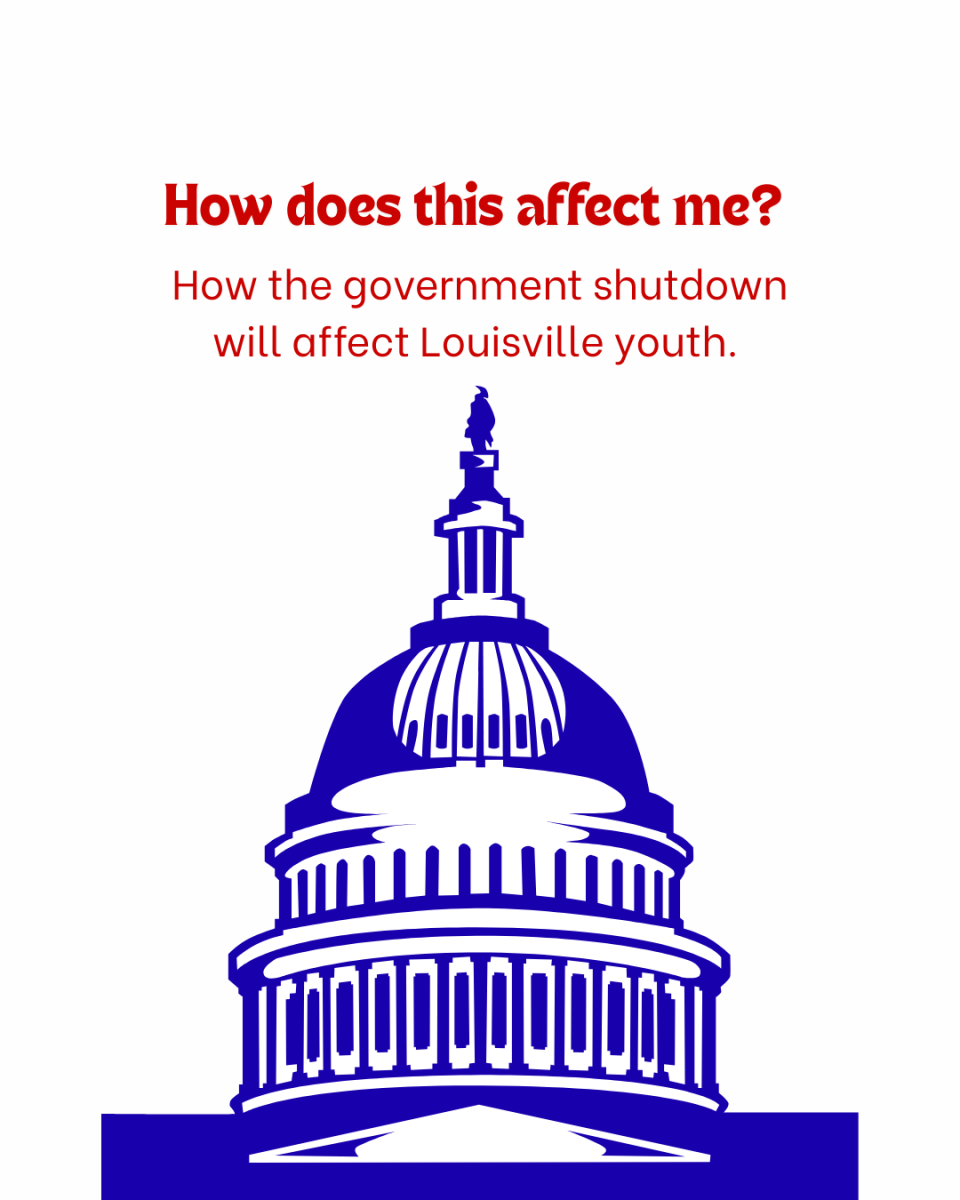It’s no secret that JCPS and the state have had a lot of issues in the past. Over the last year, they have been in a long and complicated battle that seems to have everyone confused, but it is much more than political mumbo jumbo and official business labels. The outcome of this battle can determine where we go to school, how our schools operate, and who works in them. It will not only affect us, but the way schools function in JCPS for generations to come.
JCPS has had an overwhelming amount of reports from some of our concerned parents about the misuse of force to confine and hold down students, which raises the question if JCPS is being properly managed. The state also took issue with the poor academic performances of JCPS schools in the West End, specifically their test scores. JCPS Kentucky Education Commissioner Stephen Pruitt officially brought the reports and other concerns into the spotlight in an audit in February 2017.
The state suggested taking full control of JCPS as a solution. However, while the state wanted to take over JCPS, some JCPS supporters believe only minor intervention is necessary. These are the two sides to a political tug of war happening within our education system.
The state also has a major issue with the way JCPS is handling investigations. JCPS did not investigate all complaints involving the misuse of force properly, which led to a large number of unsolved reports. The FBI agent discovered that in 35 of the district’s internal investigations, little or no action was taken, and abusive employees were allowed to return to classrooms without consequences. What makes this more shocking is that the results of this investigation were not shared with board members and other officials in the district.
In the state’s eyes, this was the last straw. They proposed to take full control of JCPS, like many of the other school districts they have authority over. However, other state-controlled districts, such as Breathitt and Menifree county, are only about one percent of the size of JCPS.
The state believes that JCPS has a bad assignment plan that “has a negative impact on the most vulnerable populations of JCPS students,” according to Wayne Lewis in a 16-page letter describing a management audit of JCPS. An assignment plan is what determines the method that students are enrolled in schools, such as bussing, applying, or other methods. Currently, the assignment plan allows us in JCPS to apply to almost any school within the district limits, but a takeover would allow the state to reimplement bussing. Bussing is the act of sending students to their neighborhood school and taking away the ability to apply to any school of their choice. The state has been making moves to reimplement this, such as the controversial House Bill 151, which would open the doors to bussing being a possibility in JCPS. Protestors of this were quick to point out that bussing would be like taking a step backward by essentially segregating schools. Schools in an area with a concentrated population of a particular ethnicity would therefore have a majority population of that ethnicity, limiting diversity.
For now, JCPS will not be forced to implement bussing or drastically change the very way schools operate because the state and JCPS came to an agreement on Aug. 27.
The temporary solution for all this drama was for JCPS and the State to come to an agreement that would prevent JCPS from getting completely taken over while also meeting some of the wishes of the state. This agreement has caused a few shifts of authority in JCPS. Wayne Lewis, the newly appointed Education Commissioner, now has veto power over decisions in “troublesome” areas without having the responsibility of managing the entire district. The “troublesome” areas are areas that were deemed inefficiently run by JCPS in an audit, such as special education and investigations. The current JCPS superintendent, Dr. Marty Polio, must report monthly to the state with status reports on the progress and improvements in JCPS. JCPS must also create both an investigative office by 2019 to look into complaints concerning the district and a cabinet to oversee special education headed by an educator with at least 10 years of experience. This agreement also gives the state the right to add personnel into schools to monitor progress and to oversee state testing within JCPS.
The agreement states that Polio must remain in office until the 2020 audit unless the state approves he must be removed for some reason, pretty much like a president getting impeached. Also, changes proposed by JCPS involving special education, physical restraint or seclusion of students, and early childhood education shall be sent to the state, following the complaints of JCPS not handling issues involving restraining with protocol. This about sums up the agreement for the state takeover, along with some additional information about protocols and logistics for the audit in 2020, which students will not have a say in even though it directly impacts every aspect of their life.
Now that the state and JCPS have reached an agreement, what does this mean for us, as students? Well, it’s hard to say. Until 2020, it’s unlikely that a difference will be noticeable within JCPS. However, the state now has the power to make changes to the special education departments in schools. It’s impossible to say exactly what changes will be made, but it’s likely the state will modify the protocols involving confinement and restrainment, aspects that caused a slew of issues in the past. But for now, JCPS is still JCPS, and it’s not totally controlled by the state as many people feared it would be.
That doesn’t mean it won’t happen later down the road, however. The true determining event of the future of JCPS will be the audit in 2020. This decides if JCPS will be taken over by the state or if it will remain mostly independent. The outcome of this decision will affect generations to come in JCPS — anything from the way you go to school to the people that you go to school with could be changed if the state takes over in 2020. Keep an eye out in these next few years, because this issue affects everyone in the Louisville area. «














